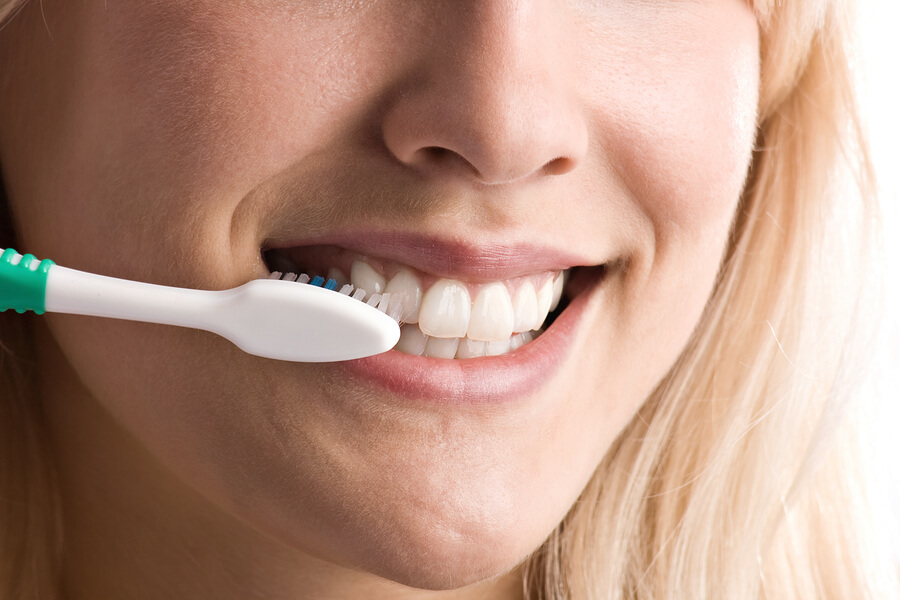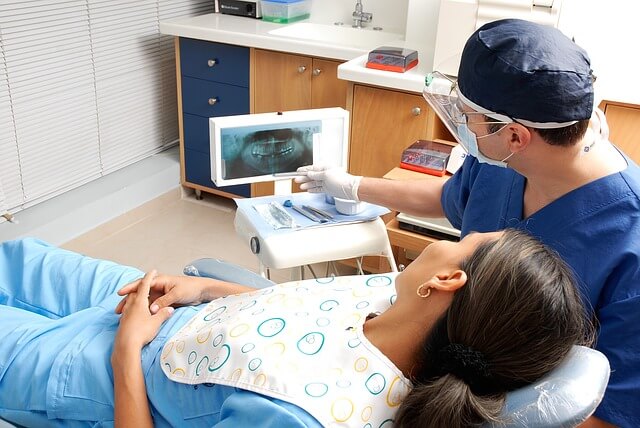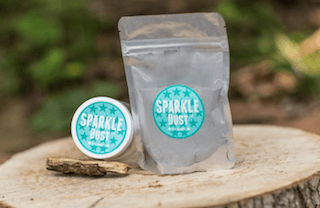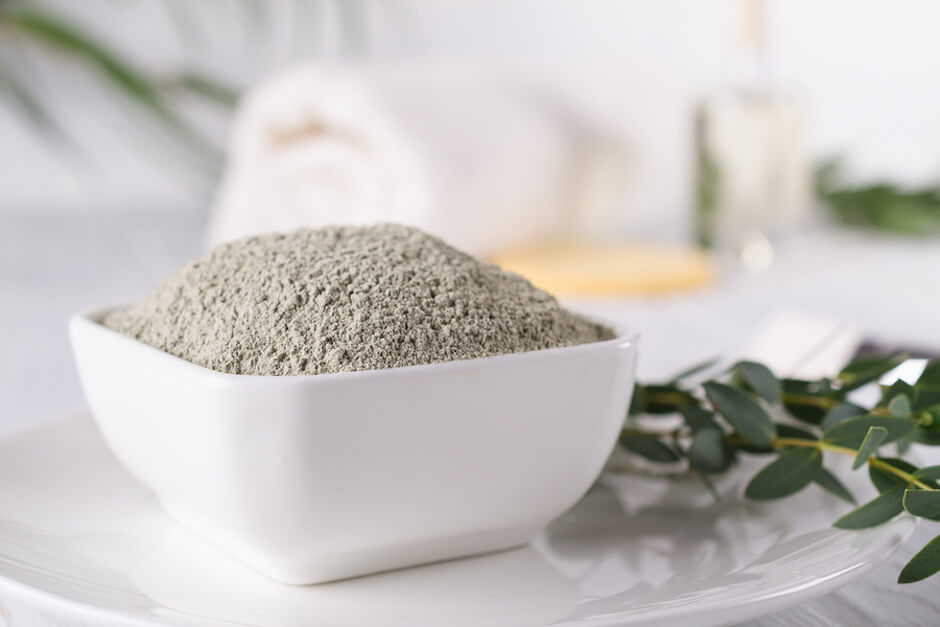For centuries, humans have looked to the earth for healing remedies. One of the oldest available resources is bentonite clay. This mineral-rich clay has many therapeutic benefits and is a common ingredient in skin and haircare implements, as well as oral supplements, and oral care products. There are numerous benefits of bentonite clay to teeth and gums.

Where does it come from?
Bentonite is an aluminium phyllosilicate volcanic ash. The largest source of the clay is Fort Benton, Wyoming, for which the clay is named. This highly charged ash is rich in natural minerals, including silica, calcium, and magnesium. Characterized by expandable properties and swelling capacity, bentonite is truly a healing clay.
Benefits of Bentonite Clay
Adsorption – Removal of impurities
Bentonite clay molecules carry a negative electrical charge, while toxins and impurities (viruses, parasites, fungus, bacteria, etc.) carry a positive charge. Adsorption describes the process by which negatively charged particles of clay bond with positively charged particles. In this way, the clay molecules act like magnets, attracting and holding the toxins and impurities without breaking them down.

Absorption – Neutralizing bacteria
Absorption is the process by which one thing absorbs another. Bentonite clay is like a molecular sponge, absorbing toxins into its stacked layers. Absorbent clay only absorbs positively charged toxins and impurities, while ignoring negatively charged nutrients. Consequently, the clay neutralizes bacteria and other impurities from the mouth and surface of teeth. This improves overall oral health as well as eliminating bad breath.
Remineralization – Building tooth enamel
Bentonite clay contains beneficial minerals that help to remineralize tooth enamel. When bacteria and other intruders attack the outer surface of teeth, they break down mineral-rich tooth enamel. Minerals in saliva help rebuild enamel to prevent tooth decay. Minerals in bentonite clay provide a basis for this remineralization. Thus, bentonite clay can actually help heal minor tooth decay and damaged enamel.

Alkalization – Preventing decay
In addition to providing the mouth with minerals needed to build tooth enamel, minerals in bentonite clay help neutralize acids in the mouth. Acids from sugar and other sources weaken tooth enamel, thereby allowing bacteria to thrive. The minerals in bentonite clay neutralize the acid and raise the pH of the mouth.

Polishing
The superfine particles of bentonite clay are very effective at polishing teeth. Because they are so fine, these particles gently scrub the surface of teeth without harsh abrasives that can damage enamel. As a result, brushing with clay leaves your teeth with that slick, smooth, just-from-the-dentist feeling.
Ready to Try Bentonite Clay?

My favorite tooth powder is Sparkle Dust. It contains bentonite and other clays, as well as xylitol, diatomaceous earth, activated charcoal, sodium bicarbonate, and calcium carbonate. Best of all, it leaves my teeth smooth and my mouth feeling fresh and clean. Order Sparkle Dust here →
For more oral care education, check out this post on the benefits of xylitol.
For even more health and wellness education from the top of your head to the bottoms of your feet, come on and !












